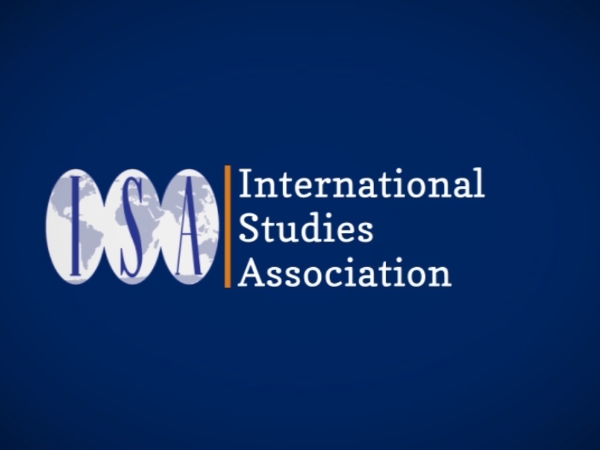

ISA Virtual 2023 Conference - Spaces of Influence, Spaces of Inclusion: Challenging Boundaries in the Context of Unbounded Challenge
Tue, 01 Aug 2023 - Fri, 04 Aug 2023
Organized by: ISA
Deadline for proposals: 31 March 2023
The world faces innumerable challenges, high stakes problems that demand creative and innovative solutions. Catastrophic climate change, an ever-morphing global pandemic, widening democratic decline, rising economic inequality, increasing violence, and worries of geopolitical rivalry and war join deeply entrenched systemic racism, sexism, and other forms of discrimination to create a toxic cocktail. These challenges are largely beyond the abilities of any single actor or entity to address, requiring collaboration, multidisciplinary expertise, and shared political will.
But who gets to participate in, and contribute to, the development of solutions to these global issues? Who has access to spaces of influence, and whose knowledge is considered valid in such discussions? How do the boundaries that demarcate “us” from “them”, “inside” from “outside”, “good” from “bad”, structure and shape both the questions that get asked, and the answers that are offered? How does opening up greater spaces of inclusion change the knowledge landscape of international studies?
This first annual ISA virtual conference creates a space, and with it an opportunity, to reflect on these questions of spatiality, influence, and inclusion in international studies. Ultimately, these are all questions of power, but we specifically invite interrogations of power’s various manifestations and the ways in which boundaries produce, and are reproduced in, our knowledge practices - which are themselves practices of influence and inclusion (or exclusion).
Possible themes and topics to explore include:
- How is influence exerted in contemporary global politics?
- How is influence gendered, racialised, and otherwise contoured in line with existing power structures?
- What spaces are open (inclusive) to which kinds of political actors, and what are the effects of these inclusions/exclusions?
- How do hierarchies of space and inclusion inform contemporary global politics?
- Can thinking in line with conventional disciplinary and knowledge boundaries generate unconventional disciplinary and knowledge practices?











